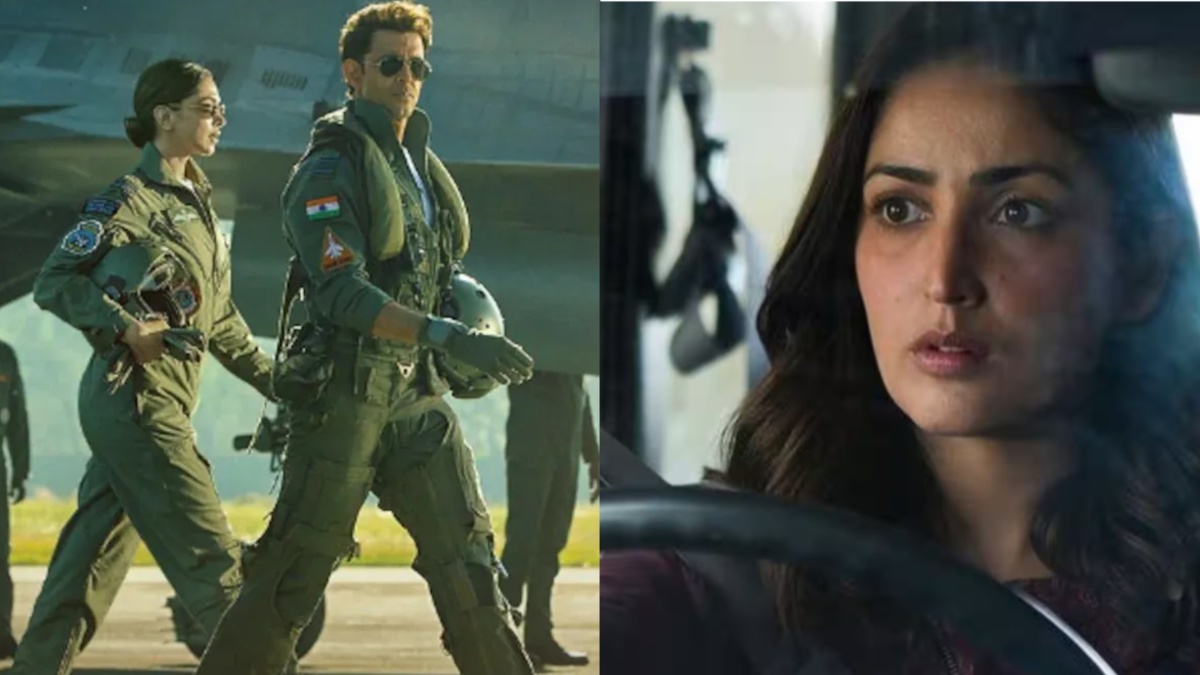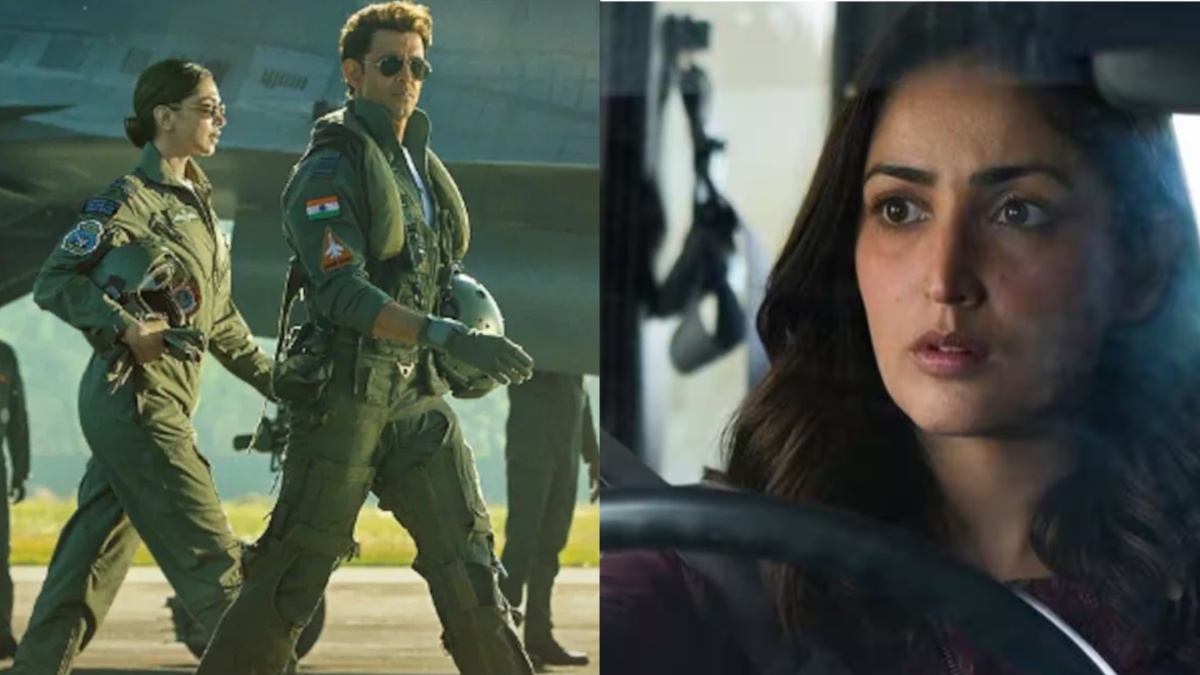Of the 15 “eye-catching” points in the ‘Agenda of the Alliance’ document, which binds the ideologically divergent Bhartiya Janata Party (BJP) and Peoples Democratic Party (PDP) in Jammu and Kashmir, save for one, even a discussion hasn’t begun on the other promises.
It’s been nearly a year since Mehbooba Mufti was sworn in as Chief Minister of Jammu and Kashmir after the death of her father, Mufti Mohammad Sayeed, who had stitched an alliance with the BJP to become CM for the second time, on 1 March, 2015.
The AoA document was supposed to be a framework not just for economic development of the state but also to facilitate breaking the political deadlock.
And although it was a marvel of political compromises for both parties, two years later, the coalition’s unfulfilled promises have just been piling up. But in public, PDP leaders still say that it’s a historic document. Party spokesperson Mehboob Beg said, “Everyone in the state supports issues like handing over of power projects, and talking to all sections of society, including the alienated sections. Chief minister Mehbooba Mufti is relentlessly pursuing AoA’s implementation at the highest level and we must strive towards building a peaceful and conducive environment for implementing its terms.”
But the old guard, disgruntled leaders from PDP, term the document as just another “point of embarrassment” for the regional party. “Has even a discussion started on anything. BJP’s agenda in the state is not to bridge the gap between Kashmir and Jammu, but to create more avenues for the Hindu vote bank,” said Tariq Hamid Harra, former PDP MP from Srinagar, who recently joined the Congress.
On the ground, no one seems to have any clue about the implementation of the document, or even if there is anything that can be done to save face for both parties. For example, one of the promises in the AoA is regarding refugees from West Pakistan and providing economic succour to them. And the BJP has tried to address its political constituency by raising this issue. But apart from that, nothing has been done on the ground.
“They talked about meeting separatist representatives and addressing the economic problems of the state. They talked about creating a ‘smart government’, which will be transparent and accountable. But the question is whether anything has changed on the ground. Corruption has multiplied, not reduced.” said industrialist Shakeel Ahmed Qalander. “There was a talk of overhauling the economic policy and aligning economic structure; has there been any restructuring at any level, or creating skills? Nothing.”
Chief minister Mehbooba recently urged the Centre for revocation of the Armed Forces Special Powers Act from some parts of the Valley. Her statement at a counter-terrorism seminar in New Delhi signaled to a great extent also her frustration with New Delhi, that’s not willing to even acknowledge the need for removing the controversial law, even from areas which have remained peaceful for almost a decade now.
“We should not shy away from the fact (that) we need to start revocation of AFSPA from some places and see what is the impact,” Mehbooba said. “We have used guns, pellet guns, hand grenades, tear gas. We can’t continue with that,” she said, adding that her party had tied up with the BJP in the state only after agreeing on some agendas, including revocation of the controversial Act.
The AoA also clearly mentions that the government will examine the need for denotifying disturbed areas, which will as a consequence enable the central government to take a final view on the continuation of AFSPA in these areas.
Ironically, however, whenever there is a talk of revocation of AFSPA from some areas, someone from the BJP chips in with ill-informed statements, embarrassing the already cornered state government. Recently, Home Minister Rajnath Singh said that the government was ready to talk to stakeholders in Kashmir to normalise the situation. This was seen as yet another political gimmick, considering elections for two parliamentary constituencies are coming up.
“Following the principles of ‘Insaniyat, Kashmiriyat and Jamhooriyat’ of the earlier NDA government led by Atal Bihari Vajpayee, the state government will facilitate and help initiate a sustained and meaningful dialogue with all internal stakeholders and political groups irrespective of their ideological views and predilections. The dialogue will seek to build a broad-based consensus on resolution of all outstanding issues of the state,” the AoA said.
Another important aspect of this document was Article 370. “The present position will be maintained on all constitutional provisions, including special status,” it says.
But the reality is that there have been litigations in courts across the country, and it looks like the article could soon be done away with. This will have huge political implications, not just for the Centre, but also for the state government. Any government which is seen as failing to protect Article 370 which gives special status to Jammu and Kashmir, will be seen as an “enemy” of the state.
The PDP-BJP alliance had also promised to secure a share in the profits of NHPC emanating from Jammu and Kashmir’s waters to the state government by reversing all royalty agreements with NHPC, but the process is going nowhere.
However, while the alliance’s credibility is getting eroded slowly and gradually, especially of the PDP in the Valley, state finance minister Haseeb Drabu, who is credited for cobbling up the coalition, is hopeful, “It is gradual process which will take time. The Centre will realise its (AoA) importance for the state government. A time will come when they will hand over the power projects back to the state government.”
But when that time will come, no one has any clue, not even the parties themselves. The fact is that if the BJP and PDP are unable to deliver on the issues promised to the people, they will face huge challenges. If not today, then in the near future, when they go back to the people to ask for votes.


)




)
)
)
)
)
)
)
)